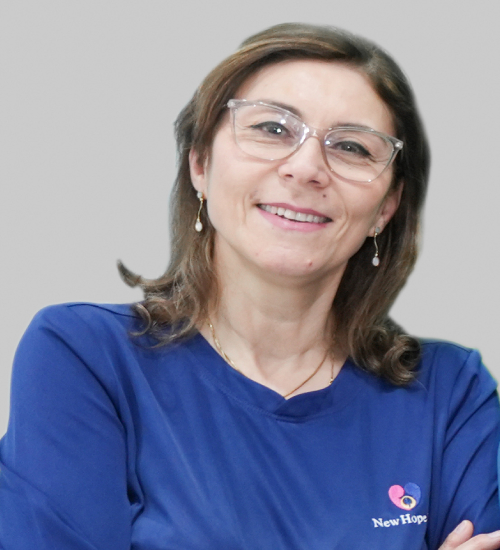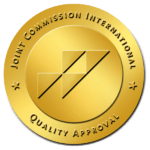
Procedure and Guideline
How we do it at New Hope?
We give you many options to contact us as:
- Phone call of our toll free line at 800 – 6394673
- Email us at info@newhopeivf.com
- Visiting us at our place New Hope Location
Your First Appointment:
The reception books your appointment with the doctor, then sends to you a sms to your phone.
Who should Come with you?
Every one is more than welcome to come from your side. we advice you to come with your spouse. answering your question & inquiries will take place by the physician.
What to bring with me?
Its better to bring all your medical reports and tests, to give a better understanding for your situation to the physician. also don’t forget your ID/Passport, marriage certificate & insurance card if fertility is covered.
Before consultation:
Our adviser will explain how the procedures will take place. also he will assists you with the payment process & answers all your question. he will opens a file in secured manner for a track of your medical history.
Pre-initial screening:
general checkup will be conducted by our skilled nurses for vital sign, blood pressure, allergy tests & body measurement as height and weight.
Initial Consultation:
Physician will get your information from screening, then review your history & medical report. illustration of the procedure take place, explanation of the procedures, requirements & solutions. The physician will discuss with about your options & chances. showing you the success rate of your case.
Beginning of treatment:
IVF Specialist/Consultant will start by doing scans & tests to gather updated results to understand more. Treatment will begins according to your case after approval from your side for doing the procedure for IVF/ICSI/IUI.
4D Ultrasound:
4D is the most advanced in the ultrasound diagnostics, gives the ability to check ovaries, Fallopian & uterus with live 3D view. The test results will show the causes of infertility. If needed, hysterosalpinogram by the physician to check the Fallopian for blockage.
What are the procedures at New Hope?
- All data of the Patient is collected from medical history, Medical tests & vital sign then consultation with the Specialist physician.
- SA (Semen Analysis) to check the quality, motility & the sperm count
- SSR (Surgical Sperm Retrieval) come in two forms. First A Percutaneous Epididymal Sperm Aspiration (PESA), Second, A Testicular Sperm Aspiration (TESA).
Tesa are surgical procedures that its uses (associated in conjunction with IVF) to find and extract sperm from the male partner.
Both procedures is only prescribed for male partner who does not have sperm in his semen. - Lab Test at New Hope IVF involves taking a blood sample and testing it for the level of follicle stimulating hormone (FSH). The results of this test will give your doctor information about the size and quality of your eggs.
What is New Hope IVF Physician Protocol ?
After receiving the blood test results the physician will review with the patient with the options and the next step for IVF/ICSI medication program. start explaining the various medication from triggers, ovarian stimulation & some times hormonal replacement program if required.
Trigger shot
In Ovarian stimulation cycles for IVF, egg development takes place during gonadotropin stimulation. Then, about 36 hours before egg retrieval, a “trigger” shot given to patient. This trigger shot comprises one of three medications: a) urinary-derived hCG (hCGu), e.g., Novarel, Pregnyl and Profasi, b) Recombinant hCG (hCGr), e.g., Ovidrel, c) an agonist such as Lupron, which on injection provokes a surge initiating the release of pituitary gland-derived, LH) .
Ovarian stimulation ART
is the process of inducing ovarian follicular development and oocyte maturation using medications (gonadotrophins or anti-oestrogens).
administered to stimulate the growth of ovarian follicles which then begin the preliminary maturation of oocytes;
Medications to prevent surges in lutenising hormone (LH) (ithe gonadotrophin which regulates oocyte release from follicles) administered to ensure that oocytes remain within their follicles, rather than released into the fallopian tubes.
Human chorionic gonadotrophin (hCG)
administered to stimulate the final maturation of oocytes. A process which takes over 36 hours, following which the ovarian follicles rupture and release oocytes. Thus, associated ART procedures, for example IUI or oocyte pickup, timed to occur 36 hours following administration of hCG, the third and final stage of the ovarian stimulation protocol.
Egg Retrieval
follicular aspiration known as Egg retrieval . It’s a surgical procedure with anesthesia. Your doctor will use an ultrasound wand to guide a needle through your vagina, into your ovary, and into an egg-containing follicle. The needle will suction eggs and fluid out of each follicle.
Embryo Culture
Your doctor will monitor the fertilized eggs to ensure that they’re dividing and developing. The embryos may undergo testing for genetic conditions at this time.
Transfer
When the embryos are big enough, they can be implanted. This normally occurs three to five days after fertilization. Implantation involves inserting a thin tube called a catheter inserted into your vagina, past your cervix, and into your uterus. Your doctor then releases the embryo into your uterus.
Pregnancy occurs when the embryo implants itself in the uterine wall. This can take 6 to 10 days. A blood test will determine if you’re pregnant.
How to Detect Pregnancy?
Blood Sample HCG Tests:
The most reliable source for pregnancy tests, an hCG level of less than 5 mIU/mL is known as negative for pregnancy, and anything above 25 mIU/mL is considered positive for pregnancy
Meet Our Doctors
Our team
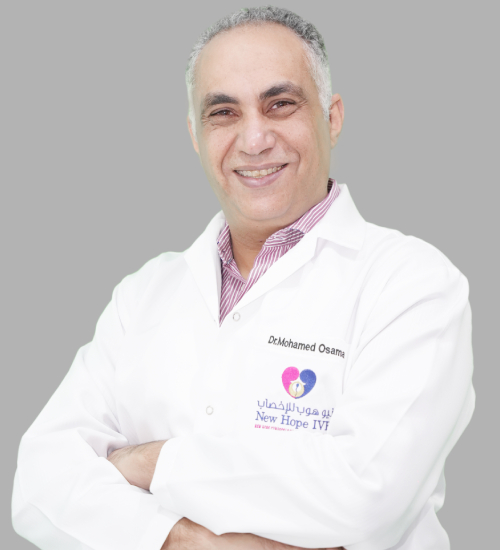
Dr. Mohamed Osama Taha
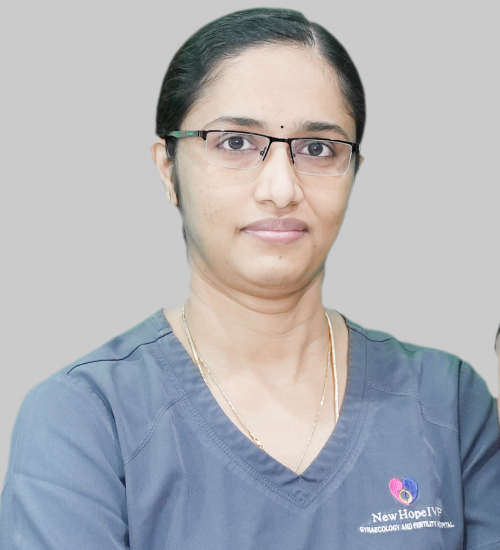
Dr. Gomathy Nachimuthu
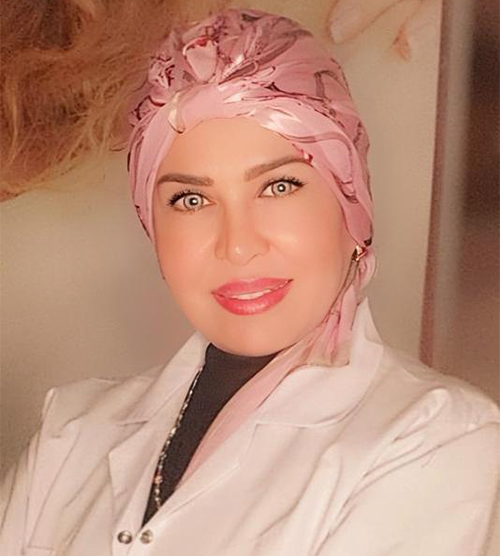
DR. IBTESAM SHEYA A. SHANEEN AL JABAWY
